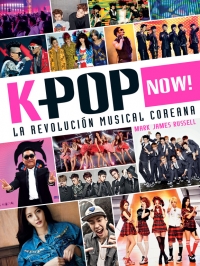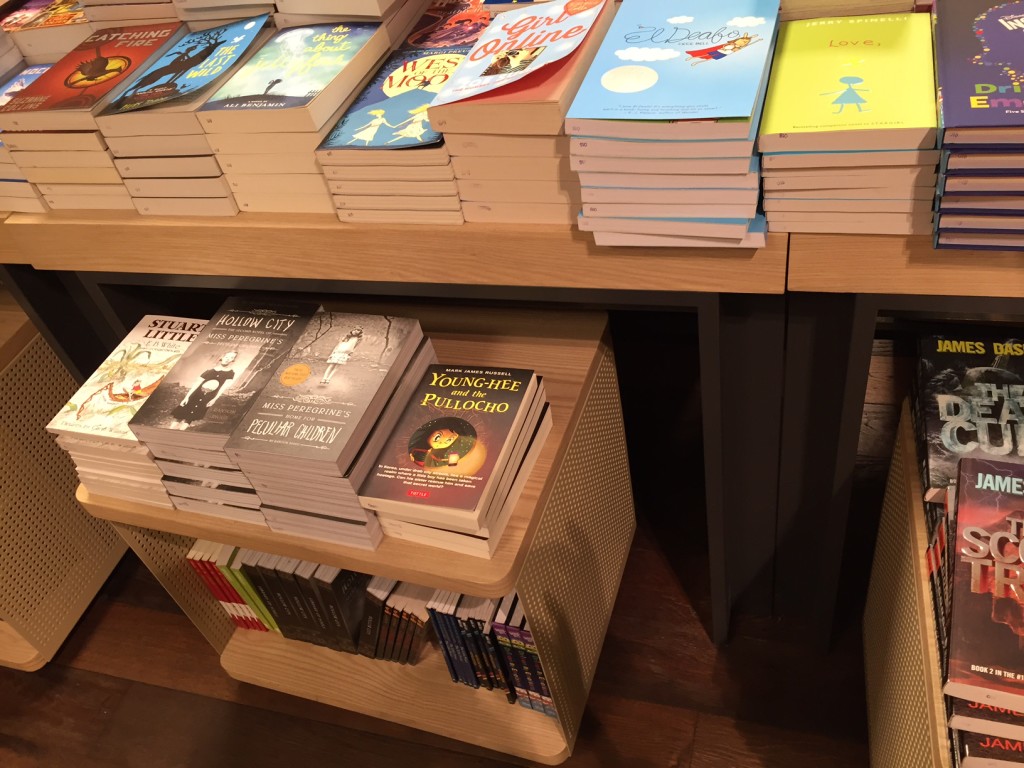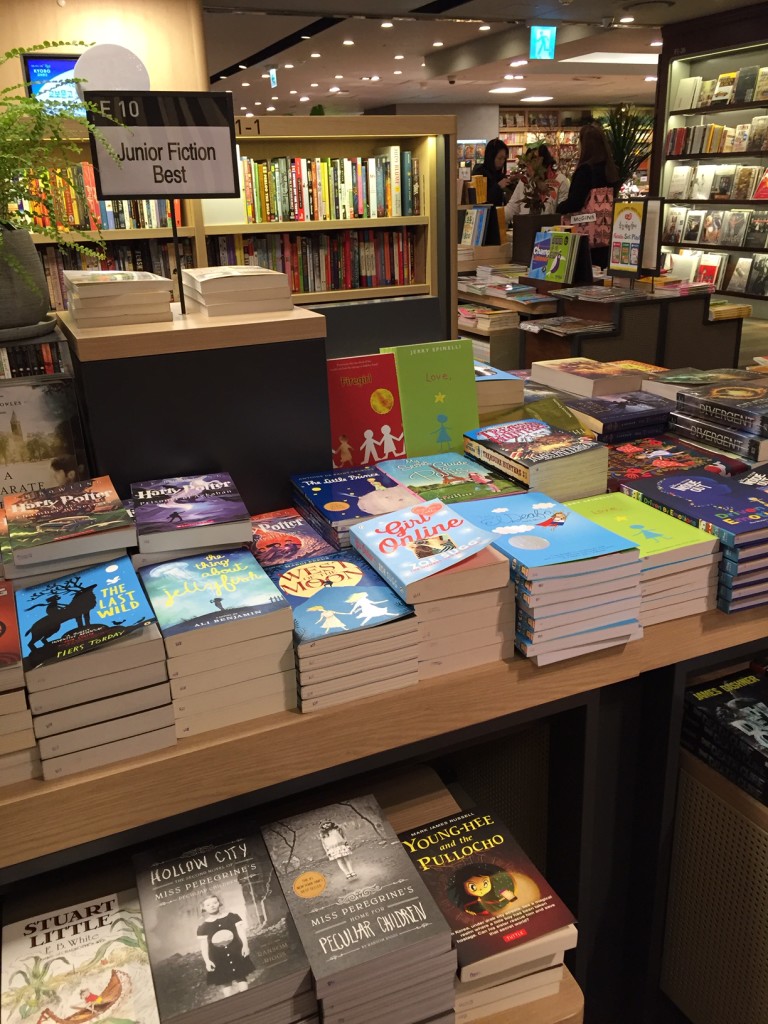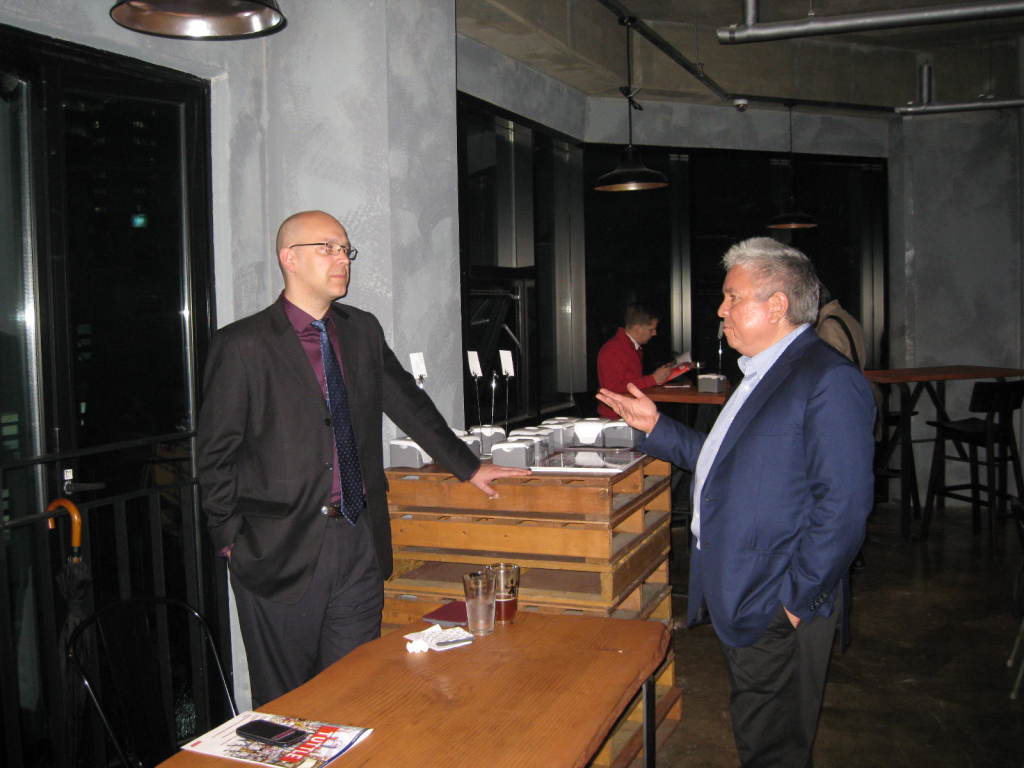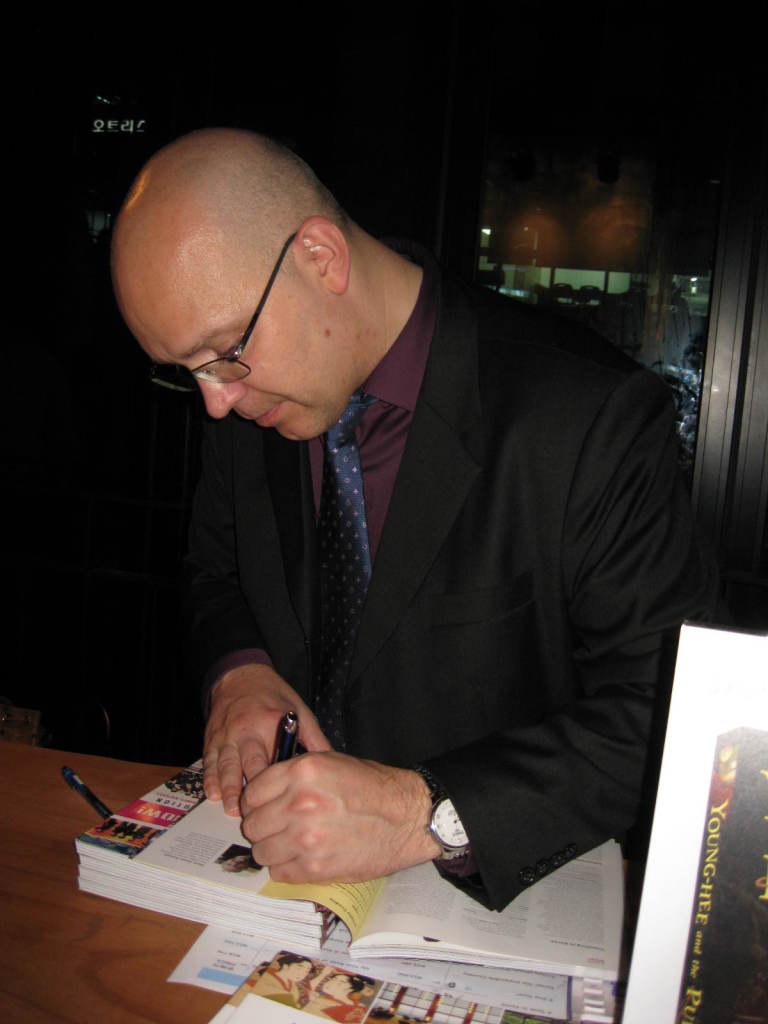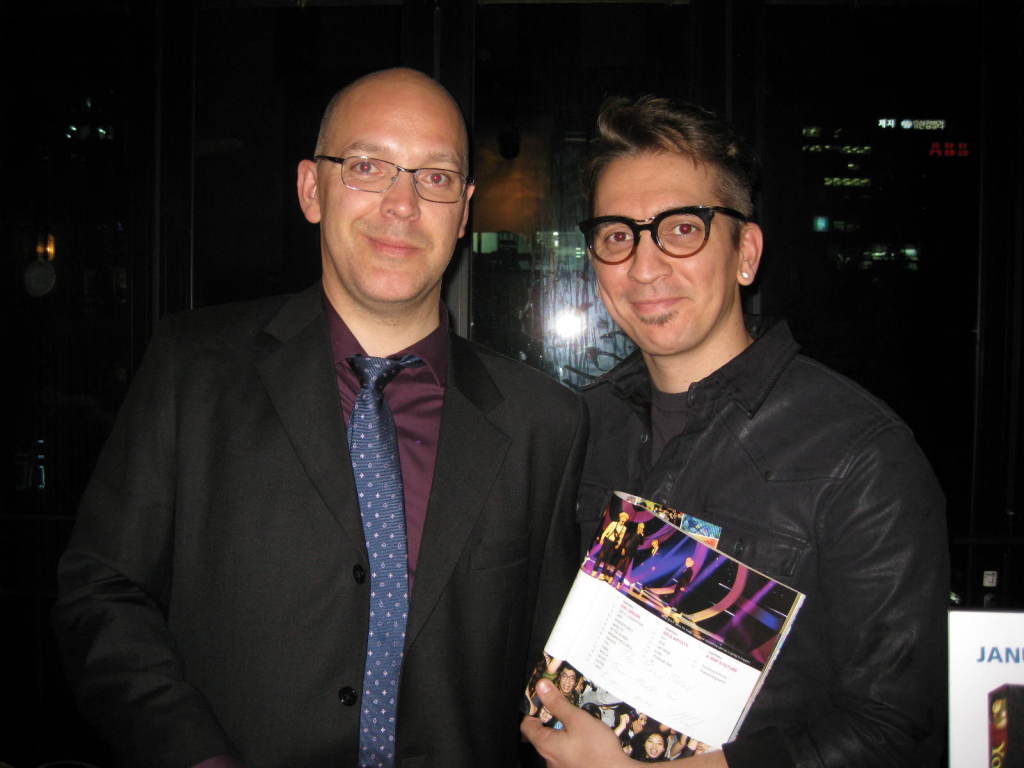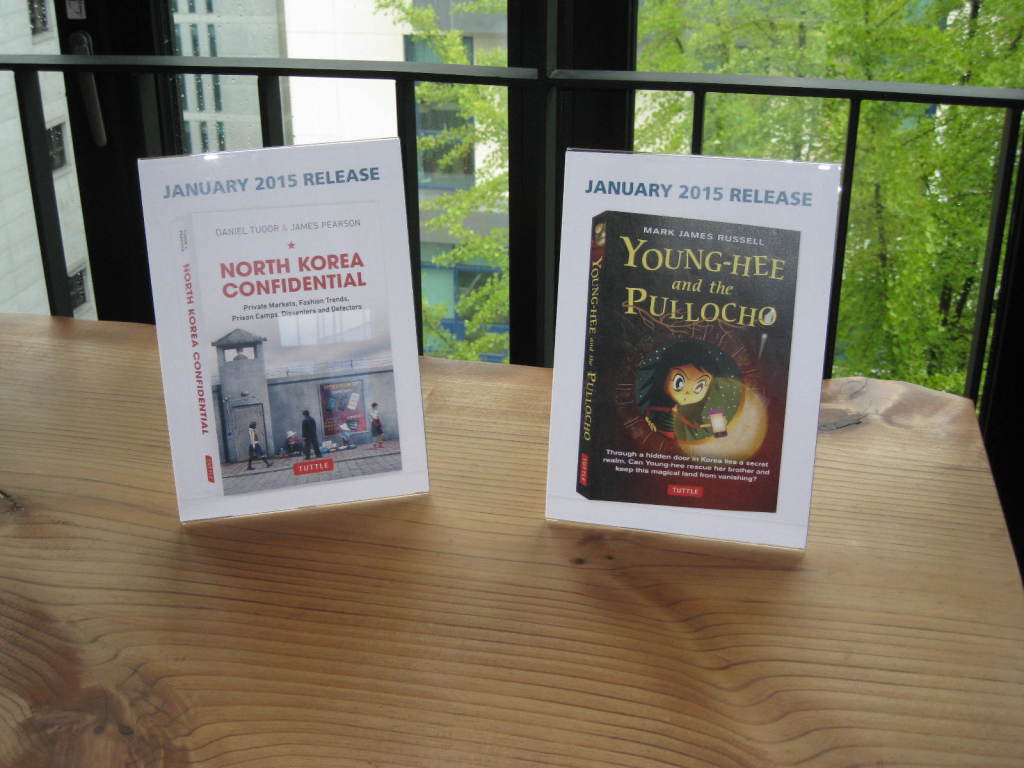A reader writes:
Dear Mark
I’d like to know why you left out the fact that TVXQ started off as a 5 member group? You included their discography from 2004 which was when they were a 5 member group. You included the fact that Jay Park was an ex-member of 2pm but you failed to include the fact that TVXQ started off as a 5 member group.
It’s distressing and disheartening for me as a long time fan from when TVXQ used to be a 5 member group to read what you wrote. I can accept JYJ not being included in your book but it’s upsetting to think that new comers to kpop may very well think that, after reading your book, TVXQ has always been a duo and that’s far from the truth.
Sincerely
Thanks much for writing. That is a very fair question and, as it has come up in pretty much every review of the book, one I think I’ll address now.
So, K-POP NOW! was conceived of as a positive, fun look at Korean pop music, something designed for the fans. I was asked to write it in April 2013 by Tuttle Publishing, so we put together a list of groups that we thought needed to be covered, as well as other subjects fans might like to read about.
Then I approached the K-pop labels about getting their help (for photos and information about the groups). Some never answered, a couple just said “no,” while most were very nice about the process. Of those who said “yes,” some just sent me photos and disappeared, while others had a few small comments about the write-ups. SM Entertainment was the most active in the process.
Which I totally understand. SME is the biggest company in K-pop, and their groups are the label’s lifeblood. SME was very active in checking for errors big and small (which, given the 4 Minute typos, I really appreciated). They also had strong opinions about how they wanted their groups presented.
Now, I was not interested in embarrassing anyone or making anyone look bad, and I know that the whole TVXQ history is a very sensitive one, so I tried to write a very positive article on the band, which mentioned them starting as a five-member unit, then transitioning to a duo. I did not mention anything controversial about what happened and just looked at the positive — i.e., that everyone is doing well now, and fans have a lot of great music to choose from.
However, SM Entertainment did not like that approach. They were worried that any mention of the group’s history would upset the fans. I tried being flexible, and repeatedly pointed out that not addressing the group’s history at all would likely just draw attention to what happened and upset people more. But, in the end, SME had its approach and was firm. So that is how we ended up with the book the way it is.
Oh, and I clearly do like JYJ, as I specifically mentioned Joonsu’s “Incredible” in my look at 2013 K-pop. But they slipped through the cracks when I was writing and did not make the book. Originally, I intended to have a big section briefly looking at the history of K-pop and all the big groups that have come and gone. Unfortunately, securing photo rights for older acts turned into a nightmare, so the whole section was dropped. Which I think made the book a bit unbalanced.
K-pop is constantly changing, with new groups rising up, while former leaders often settle down and become more established, with a core group of long-time fans. There are many groups I would have chosen differently had I been writing the book now and not in the middle of 2013, as I’m sure I would change again in 2015.
Anyone who feels that their band was overlooked or shortchanged, well, I never intended to hurt your feelings. What I wrote was one person’s view of K-pop at a specific moment in time. Someone else might write something very different, as I would if I were writing today (and, as I did in 2008 with POP GOES KOREA, a book that was more serious and explored issues with idols and their labels more in-depth).
Anyhow, if we ever make a 2nd edition of K-POP NOW!, I’m sure there will be plenty of changes. In the meantime, I’ve switched my focus into fiction, and am excited to have my first novel on the way (coming in early 2015, I think). But for anyone who has read or bought my first books, I’m really thankful.
